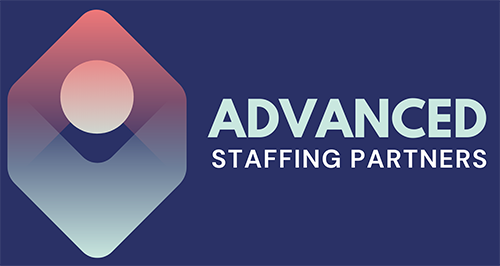How to Reduce Virtual Employee Burn-out
Virtual Staffing has benefitted from the certain rise of professionals wanting to leave corporate jobs for work from home set-ups that offer more flexibility. It has been an appealing option after the uncertainties brought about by the pandemic (and even before then). Working remotely makes it very easy to work too much. Doing so can lead to burnout, which you may recognize as an increase in anxiety, irritation, or other telltale emotions. Working less isn’t necessarily the best solution or the only one, so managers are therefore challenged to create an environment that is both welcoming and still professional, to avoid virtual burn-out and empower their employees and long-term success of the business.
Allow for flexibility
- If you’re in charge of a team, offer them flexible options when it comes to working days and work hours. Reach out to your employees and ask them what schedule works best for them, then try to accommodate where possible.
- One area where consistency is important, is team meetings. Set up a virtual meeting via teleconference at least once per week; some companies may choose to do so once per day or even more. Regular meetings with your employees can keep everyone connected and on the same page.
Re-evaluating Tasks and Workload
- If you are a manager, know how to assess the workload being given. It may seem easier said than done, but open communication with your team is going to help you understand what tasks can be done within the day, what problems are going to be encountered while working, and how they can be resolved to still target a significant output outside of what your expectations can be before the task started. This doesn’t mean lowering the standards of work and tasks being given to someone, but simply being involved in the process to understand your team’s work process and being able to lead and direct other tasks moving forward.
- Micro-managing can be counterproductive, and it must be understood that there is a difference between facilitating work and micro-managing. Being a manager means that you need to understand how differently your staff works, and this can only be understood by openly communicating with them.
Benefits when onboarding professionals
- It is important to know that even with a virtual set-up, employees still need access to benefits other than just a competitive salary package. Managers should understand the importance of growth for talented professionals.
- There are a lot of ways for this to be accomplished. Providing training for those interested to enter the profession, giving increases to employees who excel, and also giving promotions. Be open to let them know that you are willing to help them advance in their career.
- Understand the demographic of your team, and craft benefits and programs that are tailor-fitted to their needs, such as single parents, young professionals, etc.
Soliciting and Listening to Employee Feedback
- As a manager, one should also be open to feedback given to them by their team. Knowing where to improve is a core competence trait that will help managers handle employee relations and communications which will, in turn, boost employee satisfaction and productivity.
- Create a culture that allows for growth and commends the work of each and everyone’s contribution.





1 Comment
Great post!